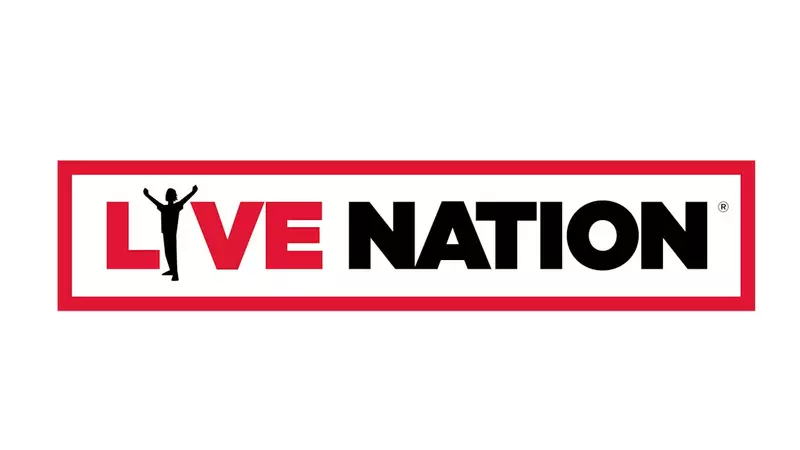The United States Department of Justice (DOJ) sues Live Nation, the parent company of Ticketmaster, aiming to dismantle its alleged monopoly over the live events industry. Attorney General Merrick Garland announced the lawsuit on May 23rd, accusing Live Nation of engaging in “unlawful, anticompetitive conduct” that allows it to dominate the U.S. live events market to the detriment of fans, artists, smaller promoters, and venue operators.
Live Nation and Ticketmaster, which merged in 2010, control primary ticketing for 80% of major concert venues in the U.S. and own 60% of the larger amphitheaters. They also manage over 400 artists and promote 60% of concerts across the country. Garland emphasized that these practices are not only anticompetitive but also illegal, inflating costs for consumers and stifling competition.
In response, Live Nation issued a statement on its website, dismissing the DOJ’s claims as “absurd” and “disingenuous.” The company argued that the lawsuit misleads the public into believing that breaking up Live Nation and Ticketmaster would lower ticket prices.
The United Musicians and Allied Workers (UMAW) praised the DOJ’s comprehensive antitrust lawsuit, stating that it addresses long-standing issues that have harmed both artists and fans. UMAW highlighted that Live Nation’s practices have made it difficult for artists to earn a fair wage and for fans to afford tickets, and they see the lawsuit as a crucial step toward creating a more equitable live music industry.
The DOJ’s scrutiny of Live Nation-Ticketmaster has been ongoing since 2018, intensified by the controversy surrounding the Taylor Swift Eras tour ticket sales in 2022 and several class action lawsuits filed by fans. Additionally, in 2015, Songkick, a concert discovery service, sued Live Nation-Ticketmaster for anticompetitive behavior, resulting in a $100 million settlement in 2018.
Live Nation has faced various legal challenges over the years, including a 2019 incident where an executive was recorded admitting to placing tickets on resale websites. That same year, the Canadian Competition Bureau fined the company $4.5 million CAD for hidden fees and misleading ticket prices, followed by a $10 million USD fine from the DOJ for hacking a ticketing competitor in 2013 and 2015. In response to ongoing criticism, Ticketmaster introduced the “all-in pricing experience” in 2023 to provide upfront cost disclosures.
During the coronavirus pandemic, Live Nation faced additional scrutiny when it asked artists to take pay cuts and bear more of the financial burden for event cancellations in a 2020 memo about the industry’s recovery.
As this legal battle unfolds, it could significantly reshape the live events industry, with potential implications for how tickets are sold and priced in the future.
For more updates on the global electronic music market, visit the Climax Play news page.





